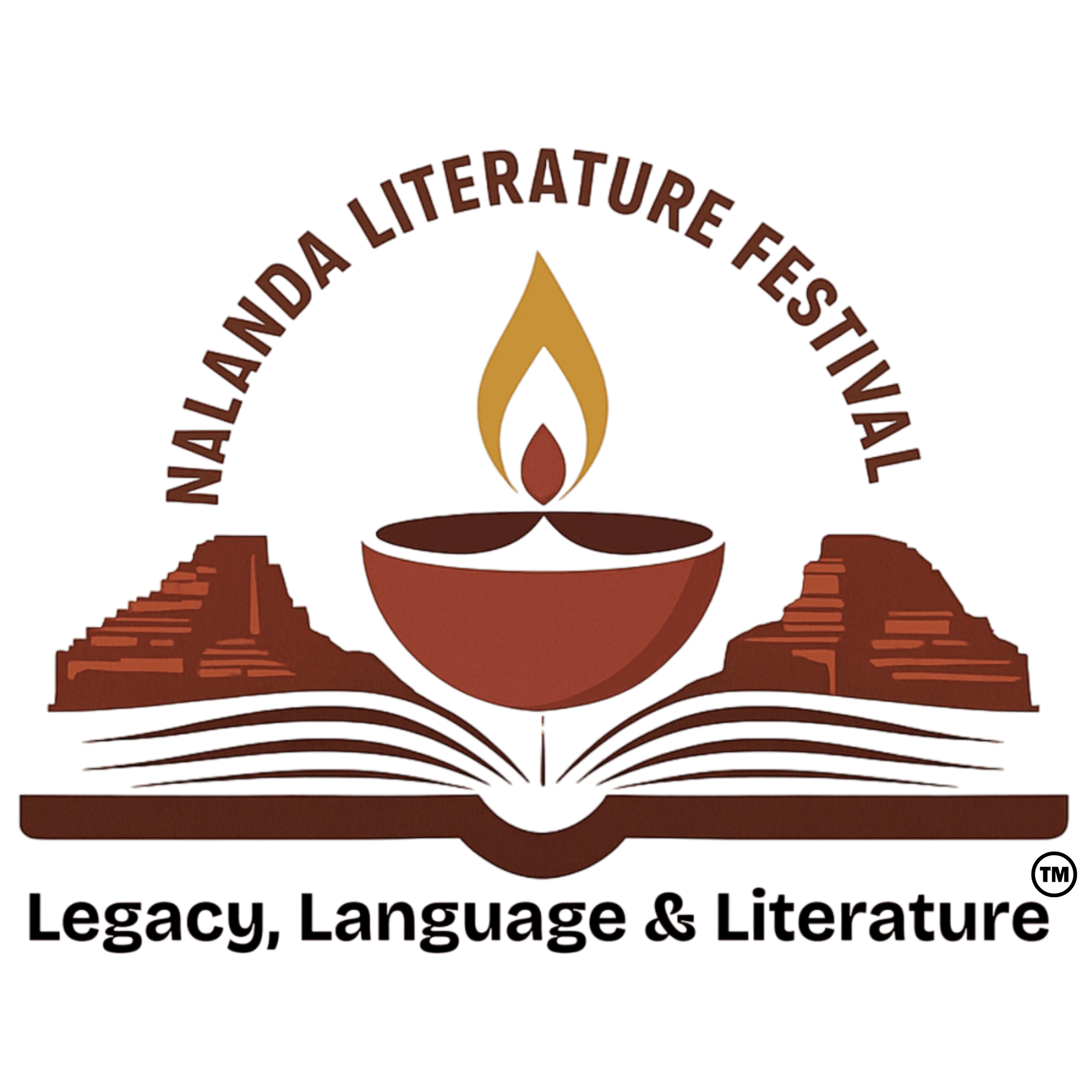Unapologetically Local: The Recognition of Bihar’s Languages
In an old aṅgan in Mithila, a grandmother hums a Maithili lullaby. In the streets of Muzaffarpur, the beats of dholak rise as Bajjika folk songs echo during festivals. In the houses of Siwan, Bhojpuri gaari is sung in the weddings. In Gaya, the sohar and jhumar of Magahi flow with the harvest. Along the riversides of Bhagalpur, Angika lokgīt still carry the wisdom of generations. For centuries, Bihar has spoken in many tongues: Maithili, Bajjika, Bhojpuri, Magahi, Angika, and many more. Each one distinct, each one alive.
Yet somewhere along the way, these voices were silenced. Labeled “dialects” and “regional”. Many began shifting to only Hindi or English, believing their own mother tongues had no place in literature or learning. But the voices of Bihar were never truly silent, they lived in lullabies, in nukkad conversations, in songs of migration, in drums of festivals and in whispers of sorrow. It is only now that the world has begun to listen.
The Nalanda Literature Festival is more than a gathering, it is a revival. Here, Bhojpuri is not just the language of migration, but of poetry and resistance. Maithili is not just the tongue of tradition, but of modern upanyās and novels. Magahi, Bajjika and Angika step onto the stage with confidence, shining with their rustic earthiness, reminding us that their absence from the textbooks was never their weakness, but our neglect. Every event, every speech, every performance of the festival is a declaration: “We exist. We matter. We create.”
Recognition of Bihar’s languages is more about dignity. A child learns pride when she learns that her lullaby is part of a recognised language. A poet discovers relevance when he writes in Bhojpuri and finds its readers abroad. When a storyteller narrates in Bajjika or Magahi and sees audiences nod in recognition, they know their words are timeless. Recognition tells us that language is not small because it is local, it is universal because it carries human experience.
Once, the Nalanda Mahavihara drew seekers from across the world. Today again, the festival draws those searching for stories, identities, and forgotten voices. In its gatherings, Bihar’s languages sit shoulder to shoulder with world literatures, no longer as guests, but as equals. Pride begins with recognition, and through festivals like this, the languages of Bihar step into the light: confident, vibrant, and unapologetically their own.


